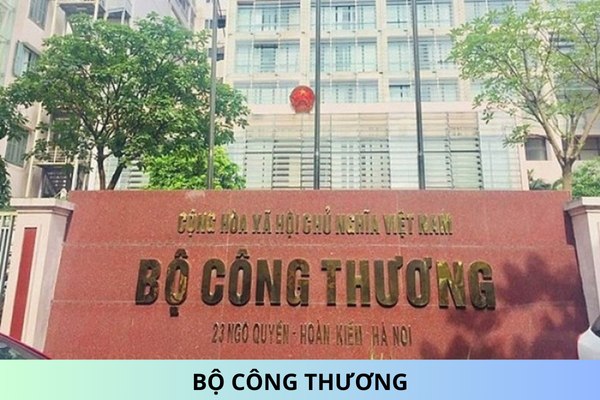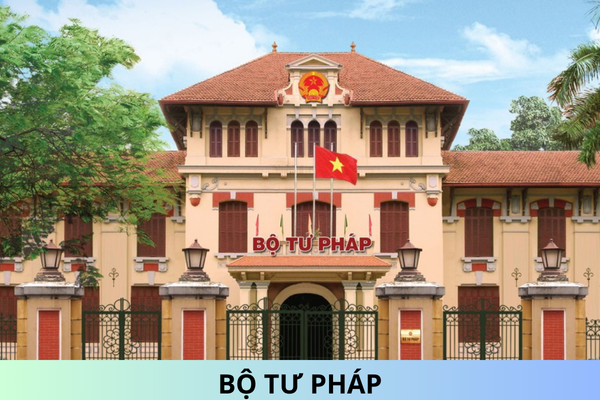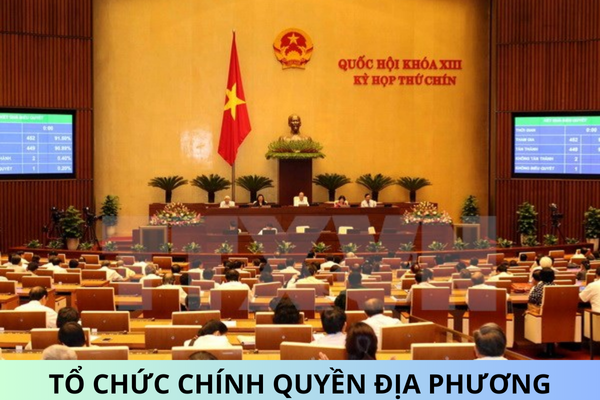Abolishment of 06 legal normative documents under the issuance authority of the Minister of National Defense
Repealing 06 legal normative documents under the authority of the Minister of National Defense
On July 7, 2024, the Minister of National Defense issued Circular 36/2024/TT-BQP to repeal legal normative documents under the authority of the Minister of National Defense.
Circular 36/2024/TT-BQP takes effect from July 7, 2024.
Article 1 of Circular 36/2024/TT-BQP stipulates the complete repeal of 06 legal normative documents related to military, defense, and cryptographic fields under the authority of the Minister of National Defense, specifically as follows:
[1] Decision 1024/1998/QD-QP dated August 20, 1998, of the Minister of National Defense amending Decision No. 1636/QD-QP dated October 5, 1996, of the Minister of National Defense on the reorganization of the system, issuance of regulations on duties and organization of Medical Examination Councils at various levels within the Army - Establishment of Medical Examination Council Hospital 87 - Military Medical Department - General Department of Logistics.
[2] Circular 83/2011/TT-BQP dated June 16, 2011, of the Minister of National Defense providing guidance on the management and use of funds for emulation, commendation, and financial rewards in the Vietnam People's Army.
[3] Circular 13/2012/QD-BQP dated February 21, 2012, of the Minister of National Defense stipulating policies on payment for leave of salaried personnel working in military agencies and units.
[4] Circular 14/2013/TT-BQP dated January 24, 2013, of the Minister of National Defense issuing the Regulations on the organization and operation of the Emulation - Commendation Council of the Ministry of National Defense.
[5] Circular 111/2014/TT-BQP dated August 25, 2014, of the Minister of National Defense providing guidance on the implementation of Government Decree No. 40/2013/ND-CP dated April 26, 2013, regarding cryptographic activities to protect state confidential information.
[6] Circular 129/2014/TT-BQP dated September 23, 2014, of the Minister of National Defense stipulating the management of investment promotion activities of the Ministry of National Defense.

Repealing 06 legal normative documents under the authority of the Minister of National Defense? (Image from the Internet)
Can foreign languages be used in legal normative documents?
Based on Article 8 of the 2015 Law on Promulgation of Legal Normative Documents, amended by point a, clause 53, Article 1 of the 2020 Law on Amendments to the Law on Promulgation of Legal Normative Documents, the language and technique of legal normative documents are regulated as follows:
Language and technique of legal normative documents
1. The language used in legal normative documents is Vietnamese.
The language used in legal normative documents must be precise, common, and clearly, and easily understood.
Legal normative documents must specify the necessary content, not generalize, nor duplicate content already regulated in other legal normative documents.
Depending on the content, legal normative documents can be structured into parts, chapters, sections, subsections, articles, clauses, points; parts, chapters, sections, subsections, articles in legal normative documents must have titles. There should be no separate chapters on inspection, complaints, denunciations, commendation, or violation handling in legal normative documents unless there is new content.
The Standing Committee of the National Assembly regulates the form and technique for presenting legal normative documents of the National Assembly, the Standing Committee of the National Assembly, the President.
The Government of Vietnam regulates the form and technique for presenting legal normative documents of other competent agencies and persons specified in this Law.
According to the above regulation, the language of legal normative documents is Vietnamese. Foreign language terms can only be used when there is no equivalent Vietnamese term to replace them. Foreign language terms may be used directly if they are common, or they must be transliterated into Vietnamese (according to clause 2, Article 69 of Decree 34/2016/ND-CP).
Furthermore, the following legal normative documents can be translated into English or other foreign languages (according to clause 1, Article 102 of Decree 36/2016/ND-CP):
- Laws and resolutions of the National Assembly, ordinances, and resolutions of the Standing Committee of the National Assembly.- Decrees of the Government of Vietnam, decisions of the Prime Minister of the Government of Vietnam issued to implement international treaties to which the Socialist Republic of Vietnam is a member or directly related to the life, work, and business of foreigners and foreign enterprises in Vietnam.
Principles for developing and promulgating legal normative documents
Based on Article 5 of the 2015 Law on Promulgation of Legal Normative Documents, the principles for developing and promulgating legal normative documents are regulated as follows:
Principles for developing and promulgating legal normative documents
Ensure constitutionality, legality, and consistency of legal normative documents within the legal system.
Comply with proper authority, form, procedure, and order of developing and promulgating legal normative documents.
Ensure transparency in the regulations of legal normative documents.
Ensure feasibility, cost-effectiveness, efficiency, promptness, accessibility, and practicality of legal normative documents; incorporate gender equality issues in legal normative documents; ensure requirements for administrative procedural reform.
...
Therefore, the principles for developing and promulgating legal normative documents are:
- Ensure constitutionality, legality, and consistency of legal normative documents within the legal system.- Comply with proper authority, form, procedure, and order of developing and promulgating legal normative documents.- Ensure transparency in the regulations of legal normative documents.- Ensure feasibility, cost-effectiveness, efficiency, promptness, accessibility, and practicality of legal normative documents; incorporate gender equality issues in legal normative documents; ensure requirements for administrative procedural reform.- Ensure requirements for national defense, security, environmental protection, and not impede the implementation of international treaties to which the Socialist Republic of Vietnam is a member.- Ensure public and democratic reception and feedback from individuals, agencies, and organizations during the process of developing and promulgating legal normative documents.










